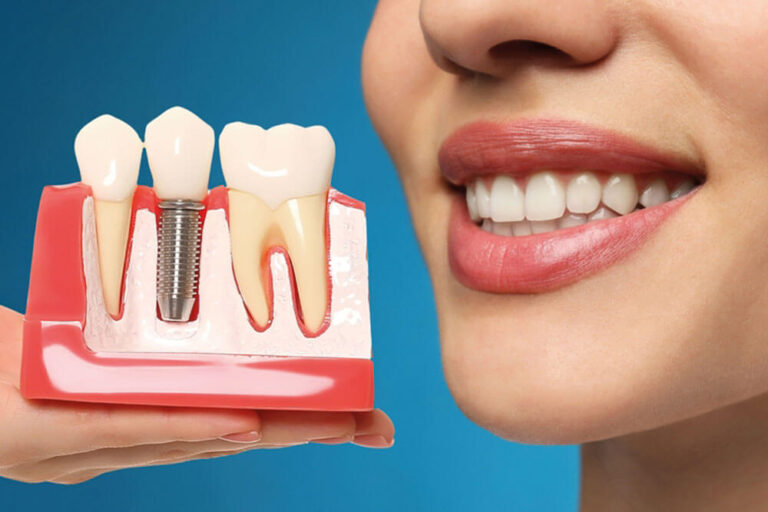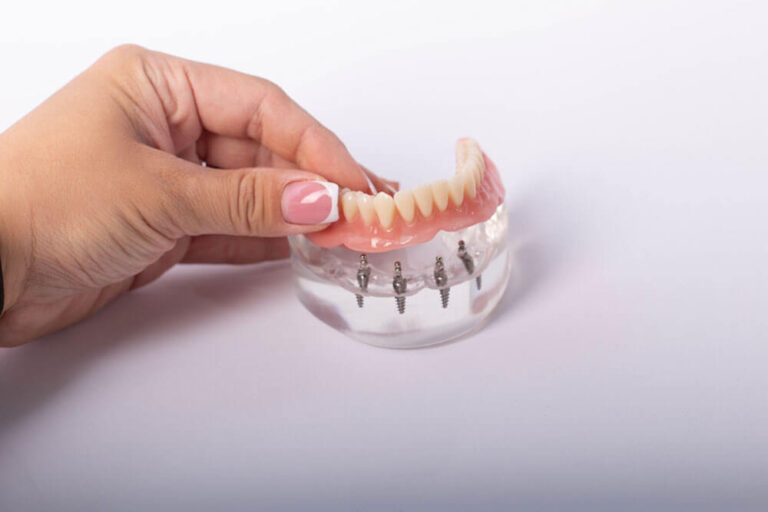
All-on-4 Implant Therapy: A Revolution in Dental Restoration
In the serene landscape of Scottsdale, AZ, a groundbreaking revolution in dental restoration is taking place at Total Freedom Dental Implant Center. Spearheaded by the
Whatever your situation, Total Freedom is about setting you free and giving you a new confidence to enjoy, laugh, and lead the happy life you deserve.

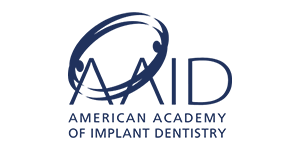



Our team includes a full-time denturist, specializing in crafting teeth that are uniquely tailored to your appearance. Unlike other dental implant centers that offer a limited selection of pre-designed teeth, we have a dedicated design team that customizes your teeth and smile based on your individual features.
Additionally, we provide on-the-spot repairs, eliminating the need to wait days or weeks to address any issue that can arise. Ready to begin your journey? Call us at (480) 860-9002 to learn more.

Our team includes a full-time denturist, specializing in crafting teeth that are uniquely tailored to your appearance. Unlike other dental implant centers that offer a limited selection of pre-designed teeth, we have a dedicated design team that customizes your teeth and smile based on your individual features.
Additionally, we provide on-the-spot repairs, eliminating the need to wait days or weeks to address any issue that can arise. Ready to begin your journey? Call us at (480) 860-9002 to learn more.
We combine surgical, prosthetic, digital design, and milling all under one roof.
Avoid bone grafts and drawn-out procedures with this cost-effective option.
In addition to oral pathology, our team can help with cleanings and periodontal maintenance.
At Total Freedom Dental, our top priority is providing exceptional care with convenient financial solutions. We collaborate closely with you to make the most of your insurance benefits for eligible treatments. Our team is always available to address any insurance questions you might have.
We will take care of all the submitting of xrays, narratives and proper dental codes to all PPO plans (any plan that permits you to select your dentist.) Remember, investing in your smile is a one-time decision. Opt for a provider with vast experience to ensure the best and most predictable results..
Total Freedom strives to deliver the finest care at a reasonable cost to patients. If you would prefer to cover the costs of your treatment over an extended period of time, we have relationships that you may wish to consider: CareCredit, Proceed Finance, and Lending Club Patient Solutions. All are third-party dental and medical cost financing companies and opting for financing from any of them is completely at your sole discretion.
At Total Freedom Dental, we make every effort to provide you with unrivaled care and the most convenient financial options. To accomplish this we work hand-in-hand with you to maximize your insurance benefits for covered procedures. Total Freedom strives to deliver the finest care at a reasonable cost to patients. If you would prefer to cover the costs of your treatment over an extended period of time, we have relationships that you may wish to consider: CareCredit and Lending Club Patient Solutions. All are third-party dental and medical cost financing companies and opting for financing from any of them is completely at your sole discretion.

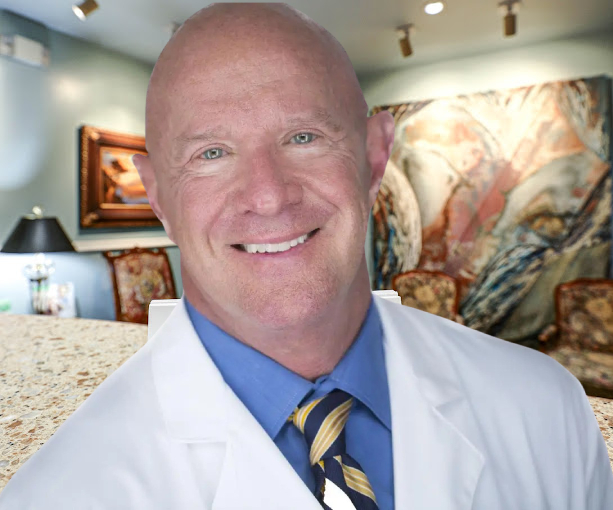
Dr. Kaiser began his specialty practice limited to periodontics and surgical implant dentistry in 1978. He placed his first dental implant in 1978 and has placed several thousand since. Dr. Kaiser is particularly proud of the fact that while his daily practice, for over 30 years, has included periodontal, dental implant, and dental alveolar surgery he has never had a single complaint filed with the Arizona State Board of Dental Examiners.
Dr. Kaiser holds memberships in several professional organizations including The American Academy of Periodontology, The American Academy of Implant Dentistry, The Arizona Society of Periodontists, and both the American and Arizona Dental Associations.
With 35 years of experience in implant placement, Dr. Kaiser is one of the most seasoned professionals in the field nationwide. What truly distinguishes us is this extensive experience. Our implant center is the country’s first fully digital dental implant center and will always work to keep our patient’s best interests in mind.
This patient was able to conquer severe bone loss and receive a beautiful new set of teeth.
Christine was able to regain her freedom thanks to Dr. Kaiser’s expertise.
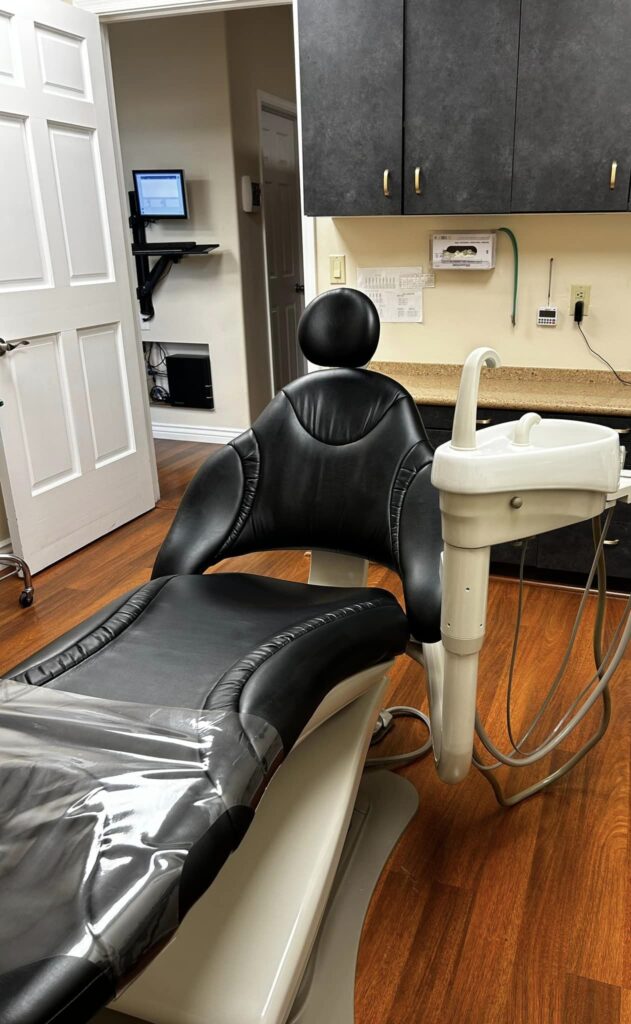
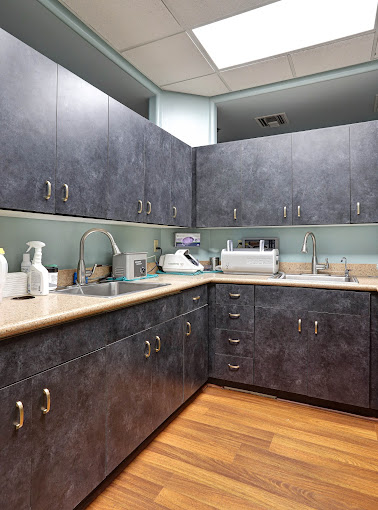
At Total Freedom Dental Implant Center, we understand that the start of an amazing smile begins with the technology behind it. Thanks to our in-house lab, we can transition from implant placement to delivering a high-quality, final set of teeth within just 24 hours. Our master technicians have invested in the latest design software and milling machines to ensure that every product remains world-class.
Total Freedom couples the latest technological advances with up-to-date treatment options to help reduce your treatment time while improving implant accuracy.
Total Freedom couples the latest technological advances with up-to-date treatment options to help reduce your treatment time while improving implant accuracy.

In the serene landscape of Scottsdale, AZ, a groundbreaking revolution in dental restoration is taking place at Total Freedom Dental Implant Center. Spearheaded by the
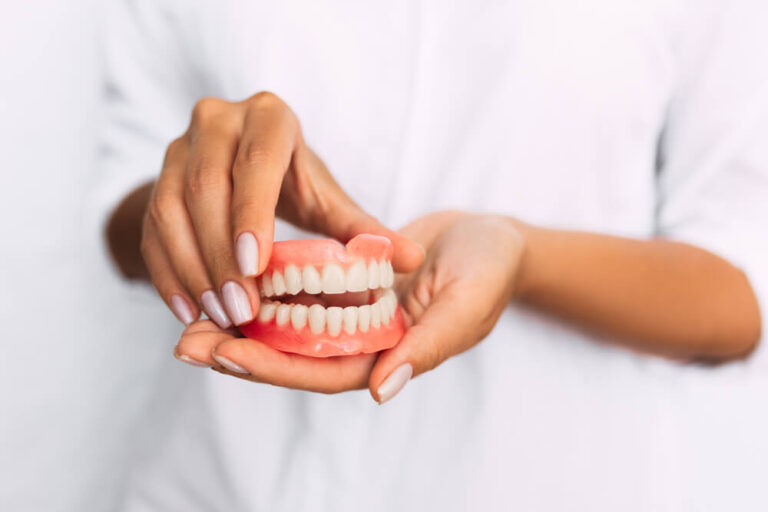
In the vibrant community of Scottsdale, AZ, Total Freedom Dental Implant Center stands as a pillar of innovative dental solutions, offering a new lease on
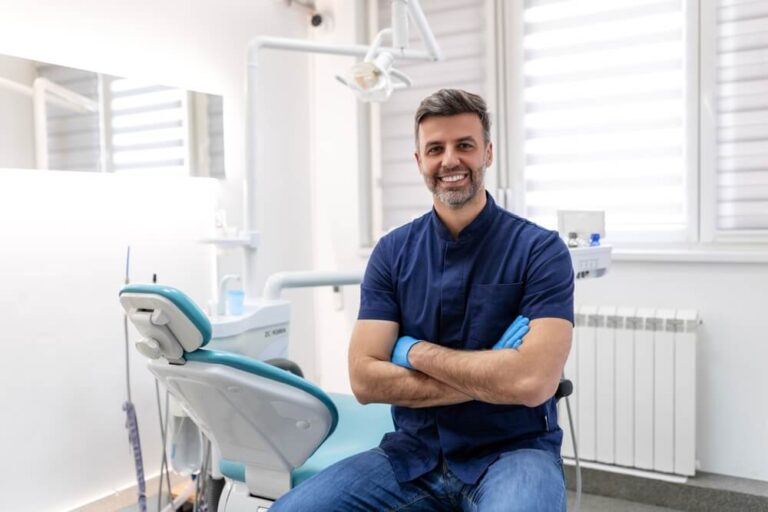
In the heart of Scottsdale, AZ, Total Freedom Dental Implant Center is a beacon of advanced dental care led by the esteemed Dr. Gerald L.

